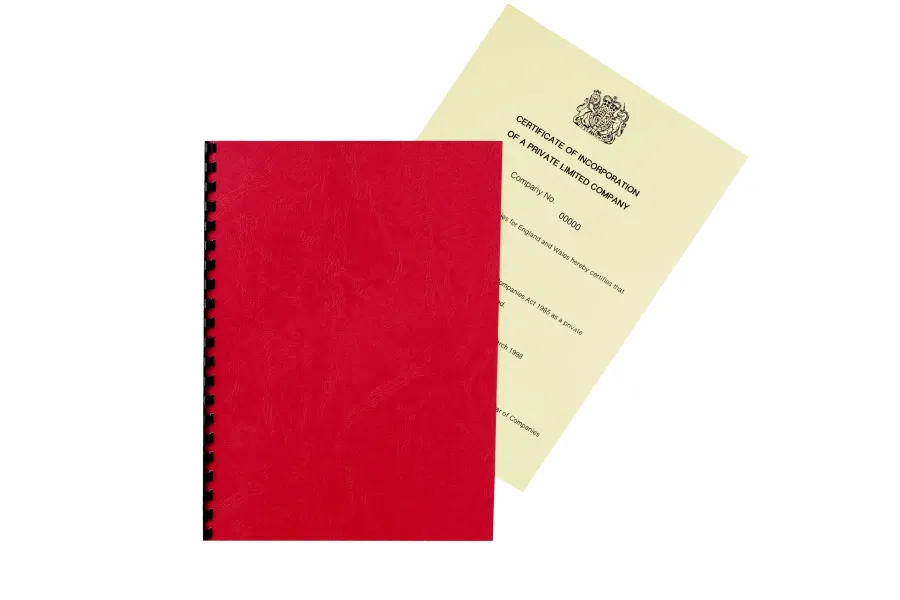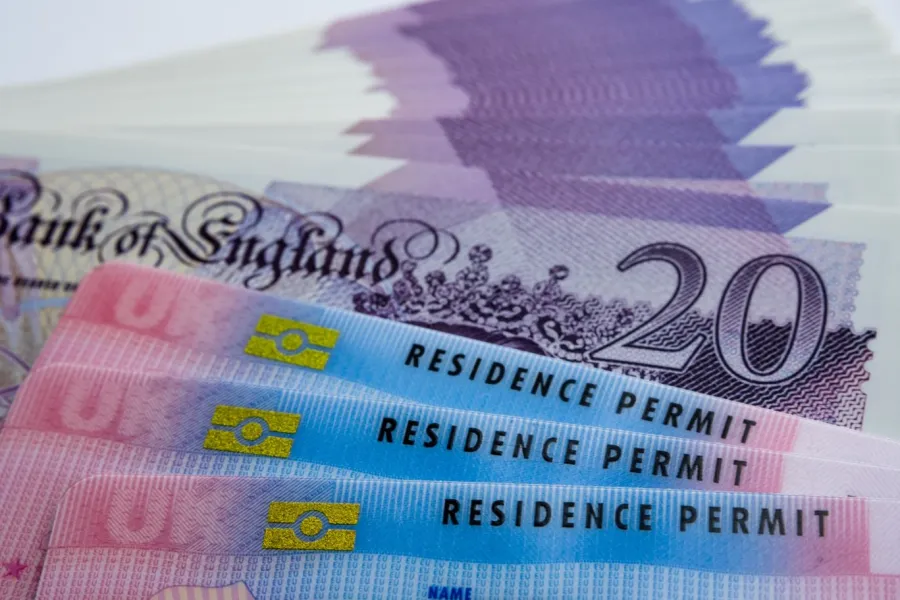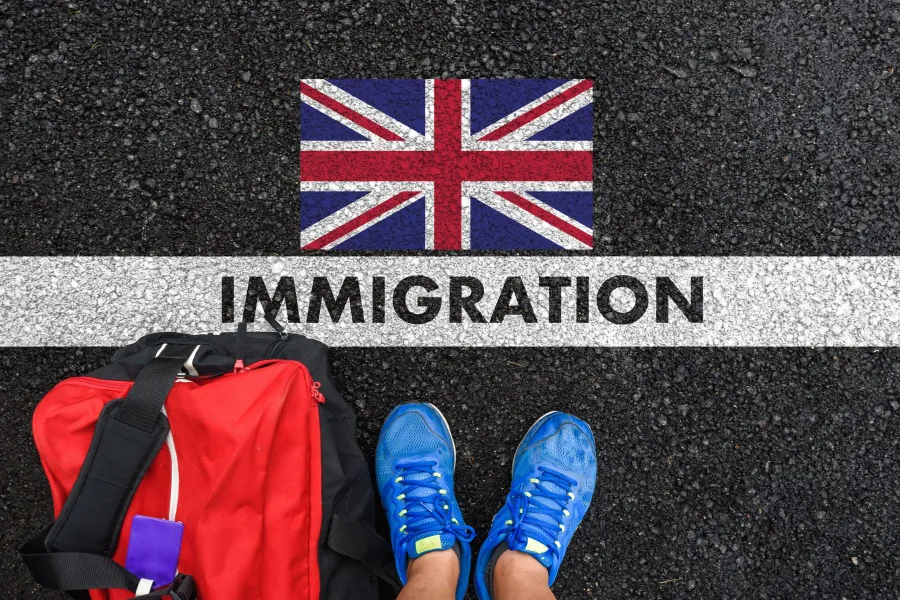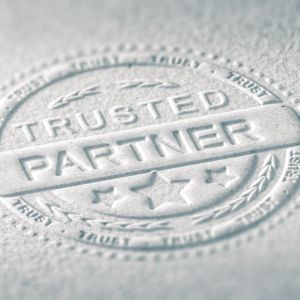1. No stipulated minimum investment or work experience. Key factor is genuine offer of employment and legitimate business.
UNITED KINGDOM SELF SPONSORSHIP VISA.
United Kingdom Self Sponsorship Visa
The United Kingdom, consisting of England, Scotland, Wales, and Northern Ireland, is known for its rich history, cultural diversity, and global influence. It has a robust economy with key industries including finance, healthcare, technology, and creative sectors.
One of the pathways for skilled workers to immigrate to the UK is through the Self-Sponsorship Visa.
What is the UK Self Sponsorship Visa?
If you wish to set up a Business in the UK or if you wish to expand your current overseas business to the UK, you may find that the self-sponsorship route is the ideal way to work and live in the UK. It is important to note that there is no official visa called the ‘Self Sponsorship Visa’ but rather a route to enter the UK under the Skilled Worker Visa category.
The Self Sponsorship Visa will allow you (with the help of a UK resident Director) to set up a UK Company that will then Sponsor you to come and work in the UK. Unlike the Innovator Visa, there is no minimum investment required into the Business and you can hold shares in the Business.
This Visa route is ideal for experienced businesspeople or a person who has explored the UK business space and has found an opportunity to set up a new business here in the UK. You will need to obtain a Sponsor Licence which will then allow the Company to sponsor you.
The self-sponsored Skilled Worker visa route can lead to settlement in the UK and applicants can be joined by dependent partners and children.
Advantages of the UK Self Sponsorship Visa::
-
-
2. No innovation required like the Startup Visa.
-
3. No designated organization involved only your own business to sponsor you.
-
4. No prior experience required.
-
5. Fast processing: 8 week sponsoring license processing and 1-3 weeks visa processing after all preliminary steps for business and bank account setup initiated.
-
6. Can offer employment to other foreigners in the future based on ‘genuine requirement’ of the ongoing business.
-
7. Skilled worker/manager can be 100% shareholder of the company.

How to Apply for a Self-Sponsorship Skilled Worker Visa
In order to sponsor yourself for a Skilled Worker visa, you will need to complete 4 steps:
-
- Establish a UK company
- Apply for a Skilled Worker sponsor licence
- Assign a Certificate of Sponsorship
- Apply for a Skilled Worker visa
Stage 1: Establish a UK Company
Register a New Company or Already Registered Company In Uk:
-
To qualify for a Skilled Worker visa through self-sponsorship, you will first need to either register a new company in the UK or have already registered a company in the UK.
Is It Possible to Register a UK Company From Overseas?
It is possible to register a UK company from overseas. There is no requirement for a director of a UK company to be a UK resident or British citizen. However, all directors of UK companies, including non-UK residents, must meet certain requirements and obligations.
If a non-UK resident director is unable to fulfill their duties, such as attending board meetings or signing official documents in person, they may appoint a UK-based representative.
If you are not familiar with the UK company registration process or UK laws and regulations, you may wish to engage the services of a professional company formation agent who can guide you through the process and ensure that all the requirements are met. Additionally, you will need to ensure that you comply with any relevant laws and regulations in your home country regarding the registration of overseas companies.


Stage 2: Apply for a Skilled Worker Sponsor Licence
Requirements for a Skilled Worker Sponsor Licence
Once you have registered a UK company, the next step towards obtaining a Skilled Worker visa via self-sponsorship is for your UK business to apply for and be granted a Skilled Worker sponsor license.
We have prepared a detailed guide for UK businesses that are considering applying for a Skilled Worker sponsor license. However, in outline, the Home Office will want to be satisfied that:
- Your UK business is a genuine business operating lawfully in the UK; and
- Your UK business is capable of carrying out its sponsor duties effectively; and
- Your UK business is offering genuine employment that meets the salary and skill level requirements of the Skilled Worker route
Genuine Business Operating Lawfully in the UK
To satisfy the Home Office that your business is a genuine business operating lawfully in the UK, you will need to provide at least four specified documents as set out in Appendix A of the sponsor guidance.
The exact documents you will need to provide will vary depending on the circumstances of your application so professional advice should always be sought. However, where a business has been trading in the UK for less than 18 months (and therefore qualifies as a start-up business), a Skilled Worker sponsor license application will typically need to include the following documents:
Mandatory document:
- Evidence that the business has a current, corporate bank account with a bank registered by the Financial Conduct Authority and the Prudential Regulation Authority in the UK;
Plus any three of the following documents:
- Proof that the business has registered with HMRC as an employer for PAYE and National Insurance; or
- Proof that the business has registered for VAT; or
- Proof that the business has employer’s liability insurance cover for at least £5m from an insurer authorised by the Financial Conduct Authority; or
- Proof of ownership or lease of business premises by the business; or
- Most recent annual accounts of the business.
Does the UK Business Need to Be Trading in the UK?
Your UK business will need to be registered with Companies House, have a UK business bank account and, in most cases, be registered for PAYE/NI and VAT, but it will not need to be actively trading or have generated any revenue in the UK.
However, it will often be easier to satisfy the Home Office that your UK business is a genuine organization operating lawfully in the UK where for example:
- You have an existing overseas business that is actively trading and a legitimate business case can be made for establishing a branch of your overseas business in the UK;
- You have a detailed business plan for your UK business;
- You have sufficient investment funds to operate your UK business, particularly any staffing costs;
- You have undertaken some early-stage business activities in the UK such as setting up a functioning website, telephone number, and email address.
- Business Is Capable of Carrying Out Its Sponsor Duties?
All licensed sponsors must fulfill certain duties. Your duties as a licensed sponsor will include recording duties, record-keeping duties, and compliance with UK immigration laws.
The Home Office will judge whether your business is capable of carrying out its sponsor duties by looking at your current human resources and recruitment systems and practices. For example, it will want to know whether you have systems in place that allow you to know when a sponsored worker has not turned up for work or to identify when their current permission is coming to an end. They may also conduct a compliance audit, either before they decide on your application or after your license is granted.
Genuine Employment That Meets Salary and Skill Level Requirements:
In addition to reviewing documentation about your company in the UK, the Home Office will want to be satisfied that:
- Your UK company will be offering employment that meets the skill level requirement of the Skilled Worker route (normally RQF Level 3 or above), The Home Office sets out eligible jobs in Appendix Skilled Occupations and Appendix Immigration Salary List. Each eligible job has a SOC 2020 occupation code;
- Your UK company will be offering employment that meets the salary level requirement of the Skilled Worker route. The salary you receive as a Skilled Worker will usually need to equal or exceed both the general salary threshold (normally at least £38,700 per year, but maybe £34,830 or £30,960 per year if you, as the worker, score alternative ‘tradable points’) and the ‘going rate’ for the applicable SOC 2020 occupation code in Appendix Skilled Occupations – or a percentage of the ‘going rate’ if you score ‘tradable points’;
- The job you are looking to sponsor is genuine;
- There is a direct employer-employee relationship between the sponsoring business and the worker, although the worker can be employed overseas and self-employment is permitted in some circumstances;
- The business is not looking to sponsor a role that will involve hiring a worker to a third party to undertake an ongoing or routine role.


Stage 3: Assign a Certificate of Sponsorship (CoS).
Once your company’s sponsor license application has been approved, your business will be able to apply for and then assign a Defined Certificate of Sponsorship (CoS).
Certificates of Sponsorship are electronic records that must be assigned to each migrant worker you wish to employ. Each CoS will have a unique reference number which enables an applicant worker to apply for a self-sponsorship Skilled Worker visa.
Your Certificate of Sponsorship must have been issued not more than 3 months before the date of your Skilled Worker application.
Your Certificate of Sponsorship must include certain mandatory information, including:
- Details of your name, job, and salary;
- A start date which is no more than 3 months after the date your Skilled Worker visa application;
- Confirmation that the Certificate of Sponsorship has not been used in a previous application which was either granted or refused and has not been withdrawn by the sponsor or cancelled by the Home Office.

Stage 4: Apply for a Self-Sponsored Skilled Worker Visa
Once a Certificate of Sponsorship has been assigned, you will be able to apply for a Skilled Worker visa via self-sponsorship.
To sponsor yourself for a Skilled Worker visa, your visa application will need to demonstrate that:
- Your Certificate of Sponsorship is valid;
- Your job offer is a genuine vacancy;
- Your job is at an appropriate skill level;
- You will be paid a salary that equals or exceeds both a general salary threshold and the ‘going rate’ for the applicable SOC 2020 occupation code;
- Your sponsor has paid any required Immigration Skills Charge;
- You are competent in the English language to at least CEFR Level B1 (equivalent to IELTS 4.0);
- You have enough money to support yourself without relying on public funds;
- You have provided a criminal record certificate, if required; and
- You have provided a valid TB certificate if required.
You can apply for a Skilled Worker visa up to 3 months before the day you are due to start work in the UK.
If applying from overseas, you should normally receive a decision on your self-sponsored Skilled Worker visa application within 3 weeks. The standard processing time for an application to switch into or extend a stay in the UK as a Skilled Worker is 8 weeks. Priority services may also be available.
FIND OUT MORE
To find out more about the United Kingdom Self Sponsorship Visa kindly contact us and one of our consultants will reach out to you within 24 hours.

Contact Hetdynamic Ltd for Visa & Immigration

-
No 3 Akpoguma Street, Surulere Lagos
-
-
Request a Appointment
